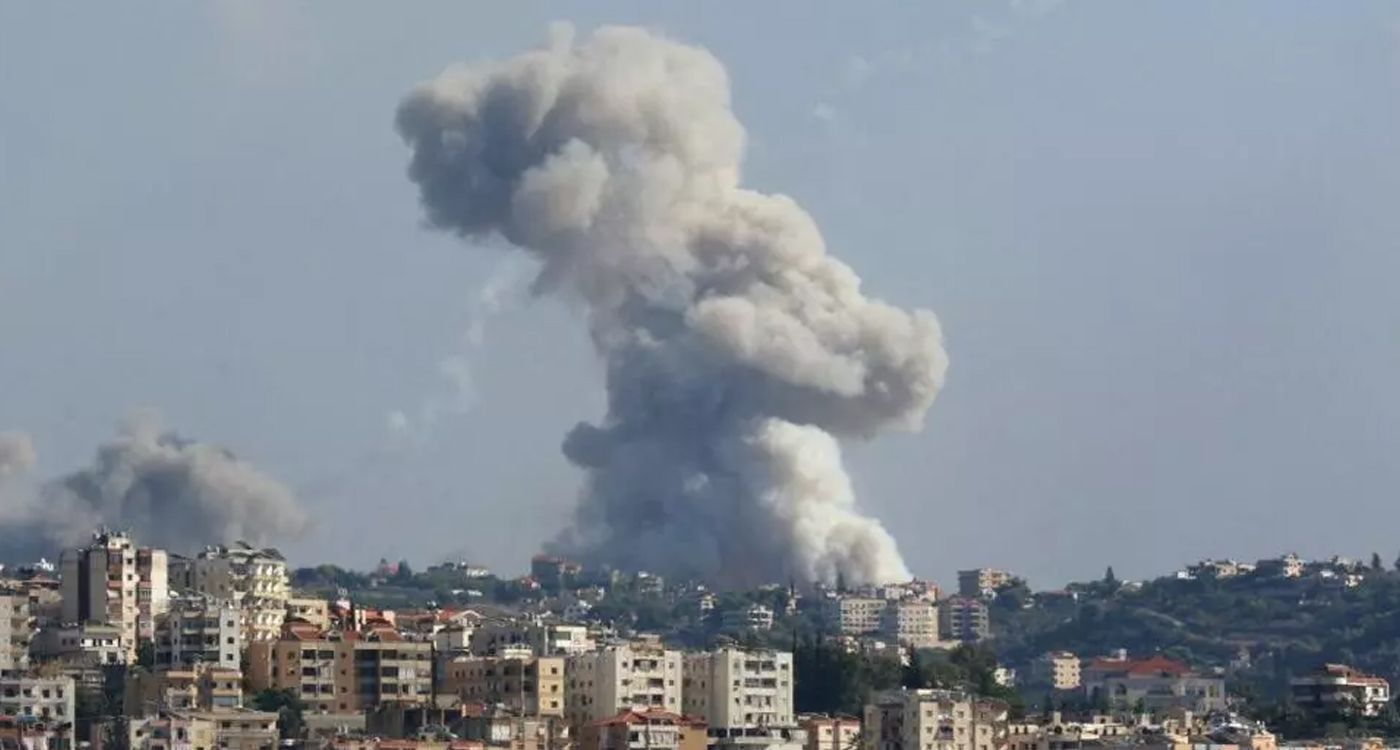
Few analysts and observers might recall that, during the peak of the Middle East conflict, the Arab League reached an agreement designating Lebanon as a country of support, distinct from the frontline states meant to confront Israel—namely Egypt, Jordan, and Syria. Yet, as an Israeli leader once aptly noted, commitments made in this region often hold a different weight and significance than those made in the West. Since the end of the last Arab-Israeli war in 1973, Lebanon has, in practice, become the sole country consistently engaged in confrontations with Israel. Meanwhile, the so-called confrontation states have shifted toward peace agreements—either implicitly, as in Syria’s case, or formally, with Egypt in March 1979 and Jordan in October 1994.
Amidst this regional cynicism, Lebanon has been successively taken hostage over the years.
First, by the armed Palestinian organizations of the PLO from the late 1960s until their forced withdrawal in 1982. Then, until 2005, by the Assad regime under the pretext of consolidating Syria's so-called "soft underbelly." Finally, since 2005, by the Iranian Pasdaran.
A sobering realization emerges: these successive military campaigns, thinly veiling hegemonic ambitions and accompanied by hollow belligerent rhetoric, mirror the entire trajectory of the Middle Eastern conflict since the creation of Israel in 1948. They have all proven utterly futile, offering no real political or military prospects within the framework of the Palestinian cause or the liberation of occupied Arab territories. Since the 1947 partition plan for Palestine, Arab countries have faced one defeat after another, amassing failures, complicity, and missed opportunities—often deliberately. A glance at the evolving maps of Israeli and Palestinian territories from 1947 to the present day reveals how the Arab side has gradually, yet steadily, lost ground with each military maneuver.
For over half a century, the Lebanese people have been sacrificed on the altar of hegemonic ambitions and the expansionist designs of the Palestinians, Syrians, and more recently, the Iranians —not to mention the pan-Arab aspirations of Egyptian President Gamal Abdel Nasser in the late 1950s and early 1960s. In this context, it is impossible to overlook the recent “Anschluss-like” posture by Iran's Deputy Foreign Minister, Abbas Araghchi, who brazenly stated during his visit to Beirut that Lebanon's situation should not be separated from the Gaza issue—disregarding the fate of the Lebanese people.
The Speaker of the Iranian Parliament, Mohammad Ghalibaf, went even further. In an interview with Le Figaro, he stated that his country is willing to engage in discussions with France on the implementation of Resolution 1701. Then, over the past weekend, he took his audacity to new heights by declaring that "Ali Khamenei, Iranian leaders, and the Iranian people are crucial pillars for the Lebanese people." This was a thinly veiled and undiplomatic way of saying, in essence: “You sacrifice yourselves fighting Israel, while we support you from Tehran.”
For more than fifty years, the Lebanese have shouldered the burden of others’ ambitions. They are now fully entitled to demand an end to this grand deception, in which they and the Palestinians have been the sole victims. It is now time for others to step forward and take up the cause if they genuinely believe in its legitimacy.
In an interview with MTV, Republican presidential candidate Donald Trump committed to restoring peace and prosperity to the Middle East if elected on November 5. He assured the Lebanese people that they would soon enjoy the long-awaited well-being they deserve. However, one can only hope that Trump's firm commitment will transcend mere electoral promises should he take office.




Comments